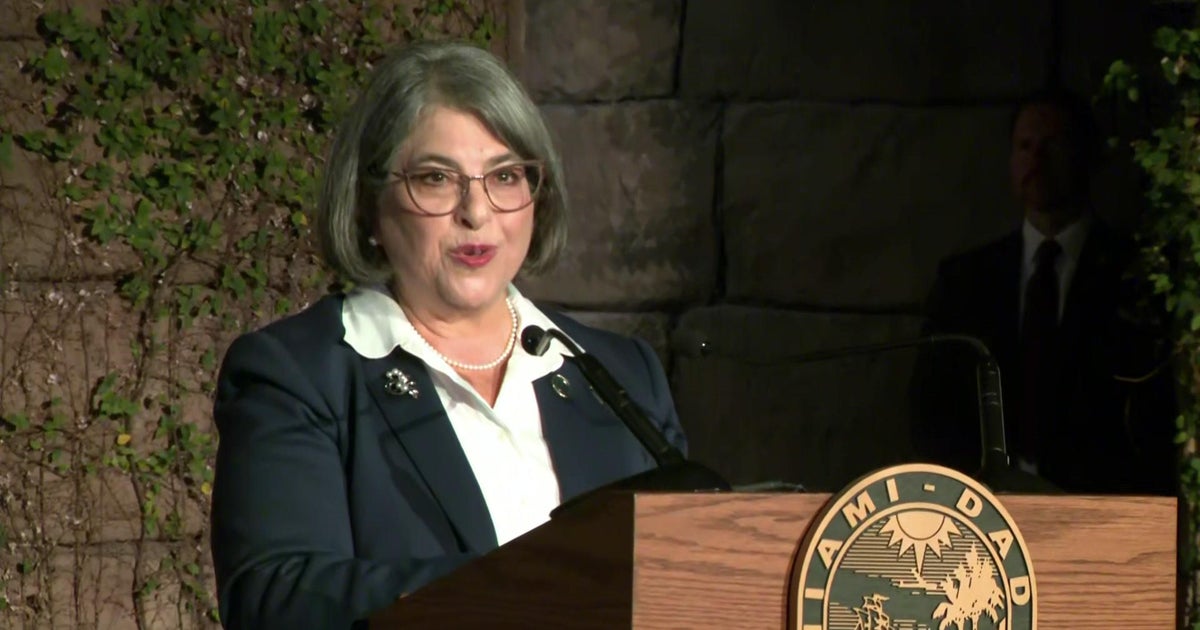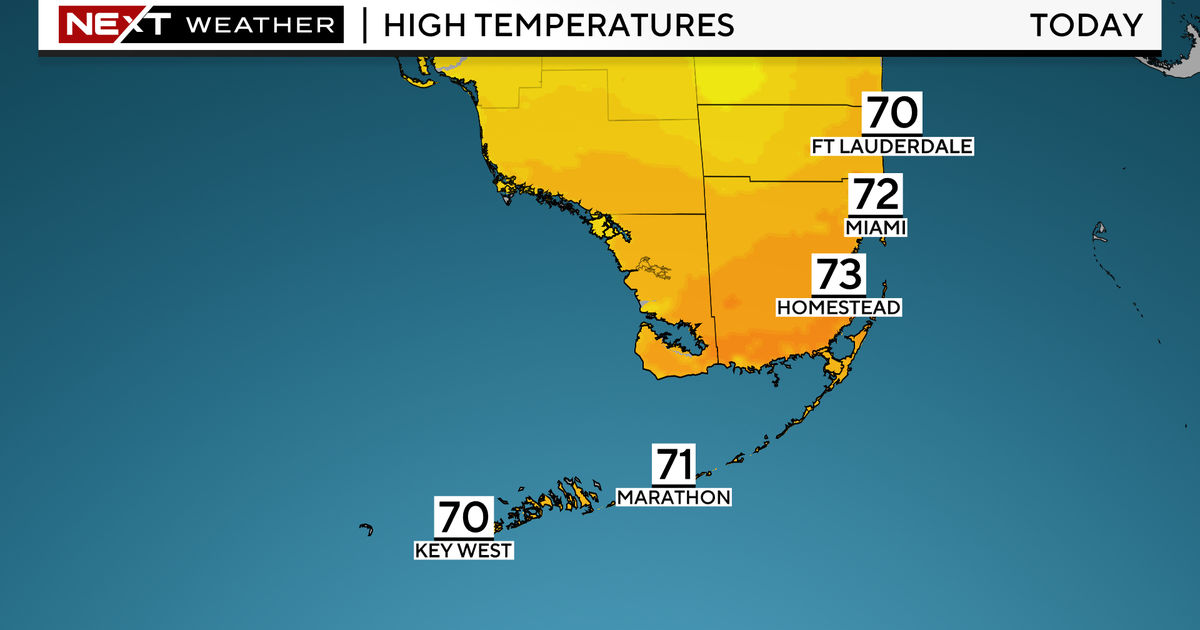Confusion over Humanitarian Parole Program briefly blocks wife from reuniting with husband at MIA
MIAMI - Angelo Buenano felt frustrated and defeated at the American Airlines counter at Miami International Airport Tuesday after confusion over the Humanitarian Parole Program briefly blocked his wife from reuniting with him.
The Humanitarian Parole Program allows foreign nationals to enter the US for urgent reasons.
"They told me since my wife is traveling with humanitarian parole, she can't board the plane in Colombia." Buenano spent hours on the phone back and forth between Colombia and U.S. Citizenship and Immigration Services (USCIS).
"U.S. immigration tells me people with humanitarian parole approved can travel," insisted Buenano.
"The answer is yes. You should be allowed to travel," said Willie Allen, who has been an immigration attorney in South Florida for over four decades.
"If you were approved and if you had the CBP (Customs Border Patrol) approval, you would be allowed to travel, but then you have schizophrenia," said Allen referring to the airlines that transport passengers to the US.
CBS News Miami reached out to Homeland Security for clarification, this was their response:
"We are aware of reports from some locations where individuals with approved Advance Travel Authorization (ATA) were not permitted to travel. Individuals with approved authorization may travel. CBP has been working with stakeholders, including airlines, to provide updates and we will continue to do so."
The confusion stems from the fact that the Humanitarian Parole Program, which allowed many families starting in 2022 to reunite with their loved ones living overseas, was suspended last month.
"It allowed anybody to be able to sponsor anybody, but in the brilliance of people help people you create a fraud probability," said Allen.
An internal report flagged concerns about US-based sponsors, such as multiple applications from a single sponsor claiming to be in charge of many people, that is still under investigation.
Almost 500,000 people were approved.
This is the breakdown of the countries that have benefitted from the Humanitarian Parole Program, according to the U.S. Customs and Border Patrol:
- Haitians – 194,000
- Venezuelans – 110,000
- Cubans – 104,000
- Nicaraguans – 86,000
"If you had permission to fly, push that permission into the eyes of the airline operator," said Allen.
That is exactly what Buenano did, his wife was allowed to get on a flight on Wednesday and they reunited at MIA.
"I still can't believe it, I finally made it," said Erika Villafana, visibly shocked to be in Miami.
"She is finally here, it took us years waiting, and we thought it wasn't going to happen, but it did," said Buenano.



